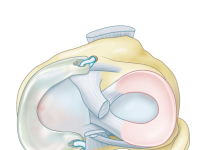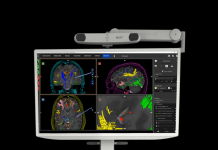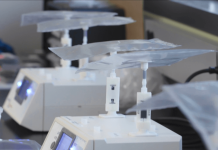Pi-Cardia announced today that the FDA granted breakthrough device designation for its ShortCut leaflet modification device.
ShortCut facilitates valve-in-valve transcatheter aortic valve replacement (TAVR) procedures in patients at risk of coronary obstruction. Rehovot, Israel–based Pi-Carda earned the breakthrough nod after completing enrolment in a U.S. and European pivotal study last September.
Related: Kallisio’s 3D printed oral stent gains US FDA clearance for cancer
The leaflet modification system addresses the risk of coronary obstruction before implanting a valve without disrupting TAVR workflow. Pi-Cardia’s leaflet modification portfolio also includes the ShortCut Mitral for splitting leaflets following TMVR. Its Leaflex standalone, non-implant-based mechanical storing device restores leaflet mobility and improves hemodynamics.
Dr. Philippe Genereux of Morristown Medical Center (New Jersey) served as part of the Pi-Cardia clinical program. Genereux said in a news release that lifetime management of aortic stenosis calls for solutions like ShortCut. The doctor believes every TAVR centre could easily adopt ShortCut as a critical pre-implantation step.
“We are excited to receive this important recognition by the FDA,” said Erez Golan, Pi-Cardia CEO. “Breakthrough device designation is only awarded to technologies that have the potential to provide more effective treatment or diagnosis for life-threatening or irreversible debilitating diseases or conditions, and it may help accelerate our review process with the FDA this year and bring ShortCut to market for the benefit of patients.”




